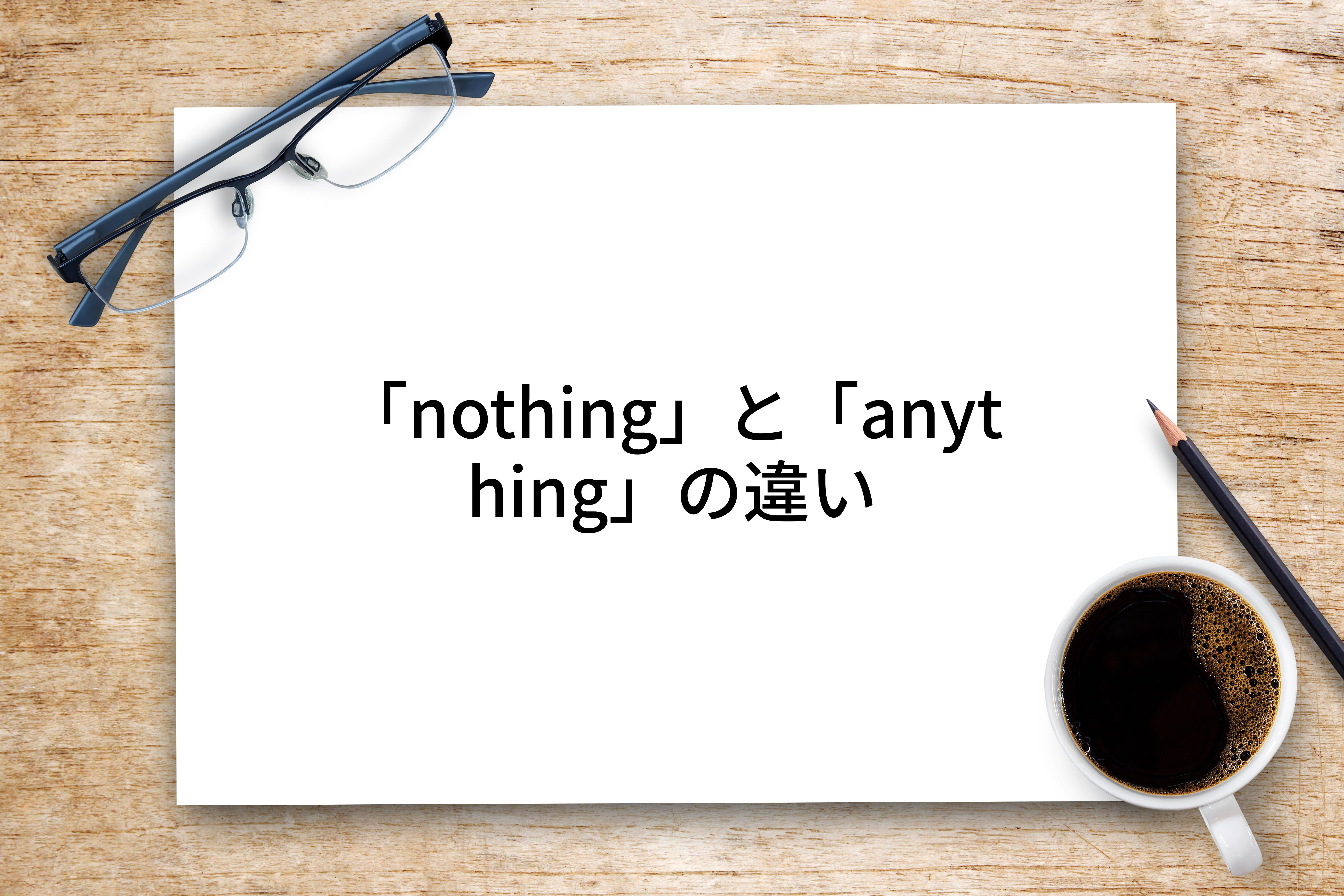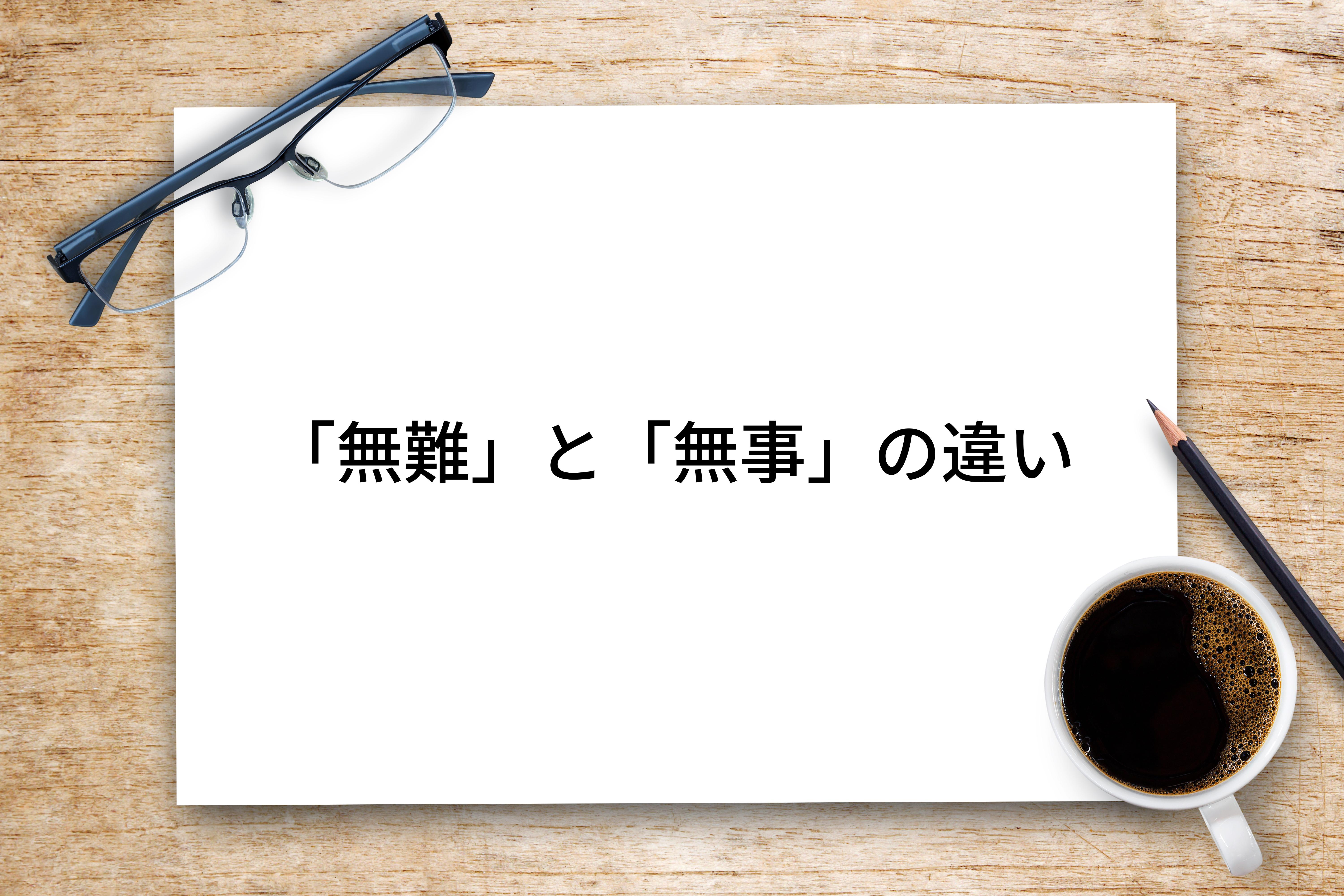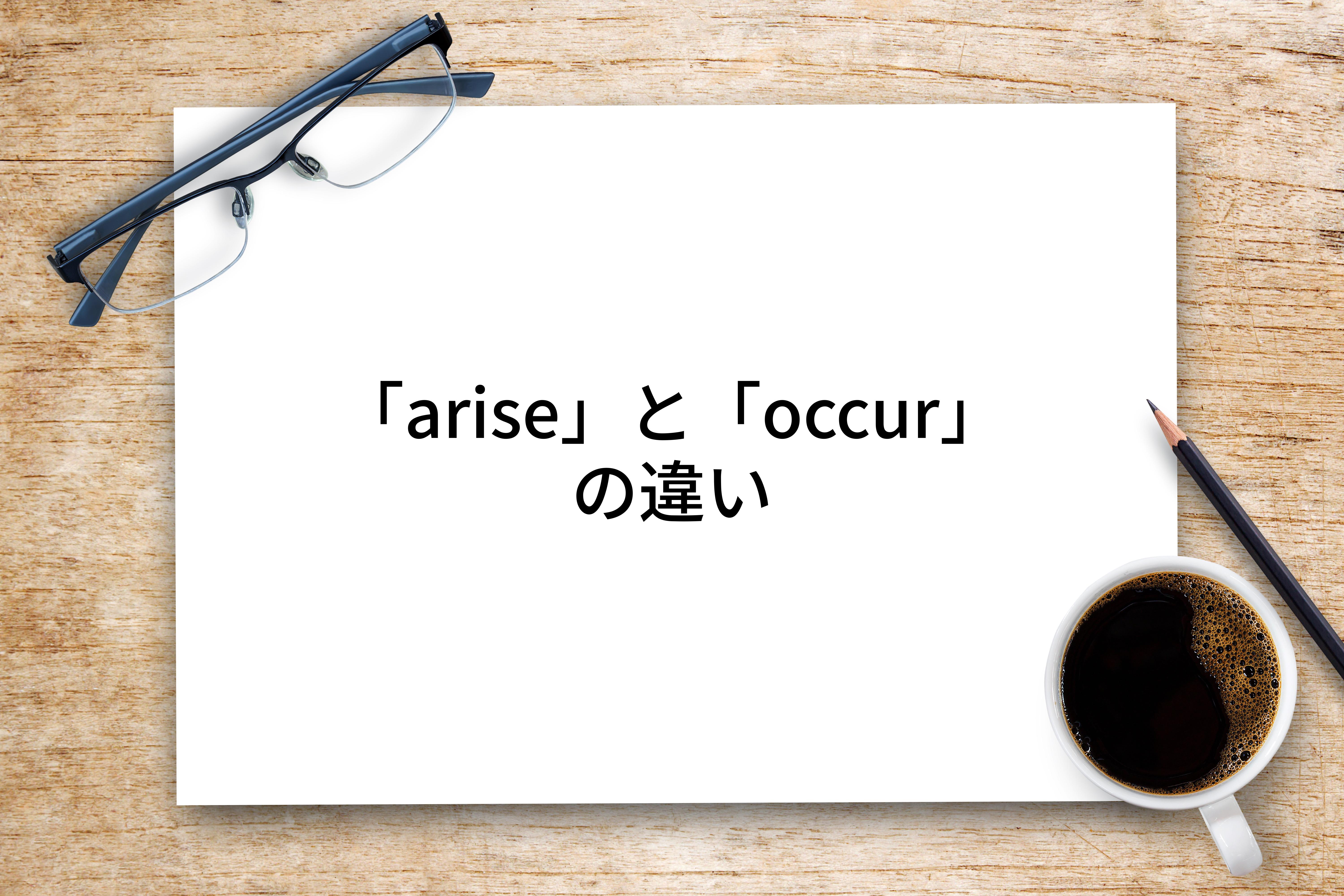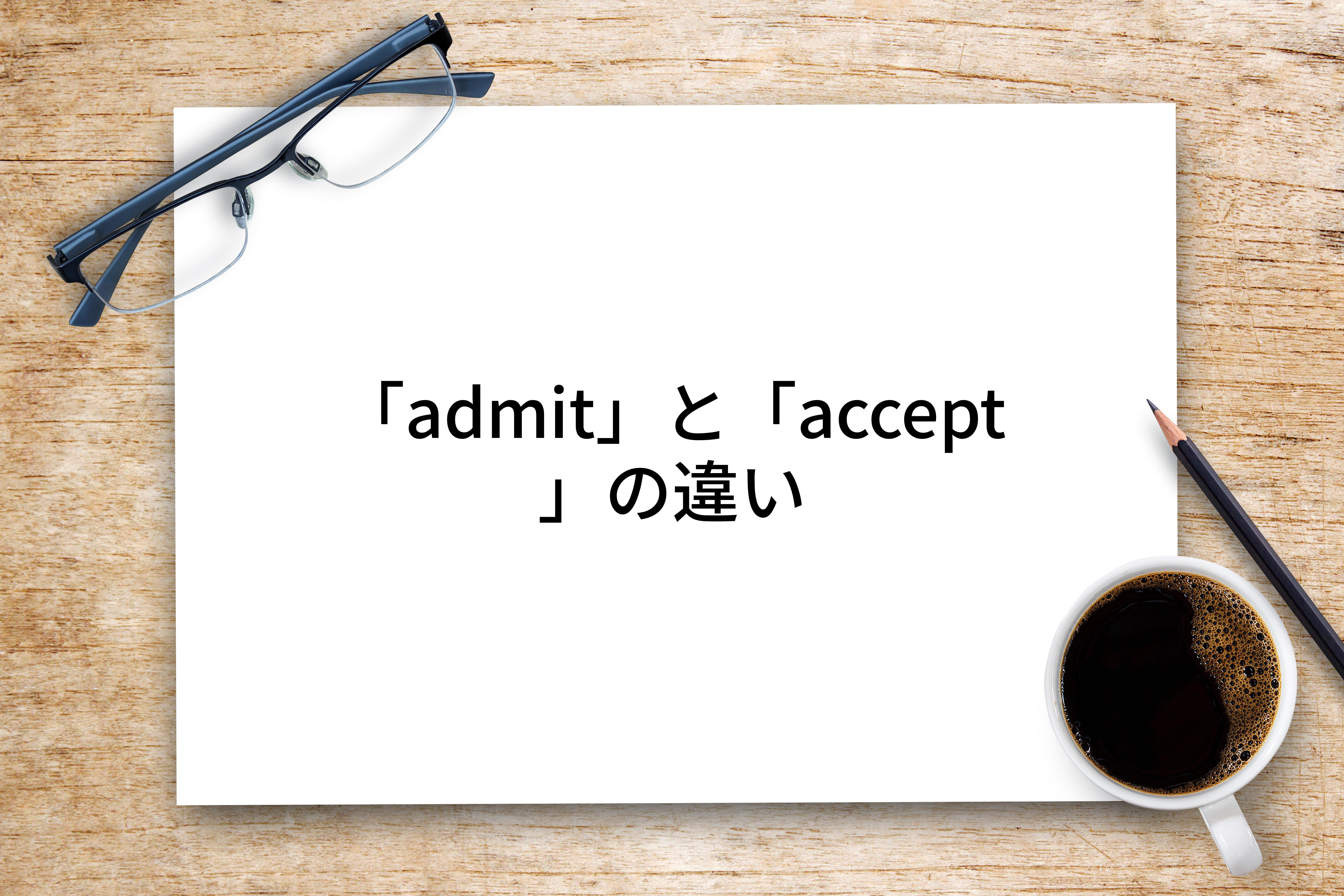この記事では、「annoy」と「irritate」の違いを分かりやすく簡単に解説します。
「annoy」とは?
「annoy」とは、人や物事に対して軽度のいら立ちや不快感を与えることを意味します。ある程度の時間や頻度をかけて、相手をイライラさせるような行動や状況を指すことが多いです。
「irritate」とは?
「irritate」とは、「annoy」と同様に人や物事に対して不快感を与えることを指しますが、その程度が「annoy」よりも一段階上である場合に使われます。強いイライラやいらだちを引き起こすような行動や状況を表します。
「annoy」と「irritate」の違い
「annoy」と「irritate」の違いは、主にその程度や強さにあります。一般的には、「annoy」は軽度のイライラや不快感を表し、「irritate」はより強いイライラやいらだちを表します。
「annoy」の例文
1. My little brother always annoys me by playing loud music.
2. The constant noise from the construction site annoys the residents.
3. Please stop making that annoying sound, it’s driving me crazy.
「irritate」の例文
1. Her constant whining really irritates me.
2. The slow internet connection is starting to irritate me.
3. The way he chews his food loudly irritates everyone at the table.
まとめ
「annoy」と「irritate」は、人や物事に対して不快感を与えることを表しますが、その程度や強さに違いがあります。「annoy」は軽度のイライラや不快感を表し、一方「irritate」はより強いイライラやいらだちを表します。





